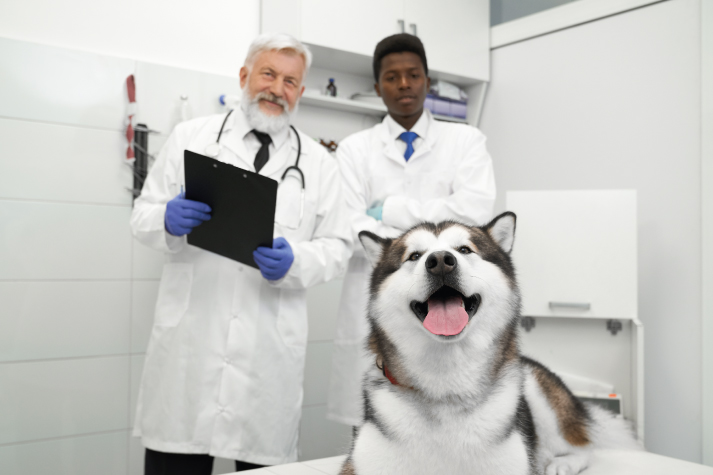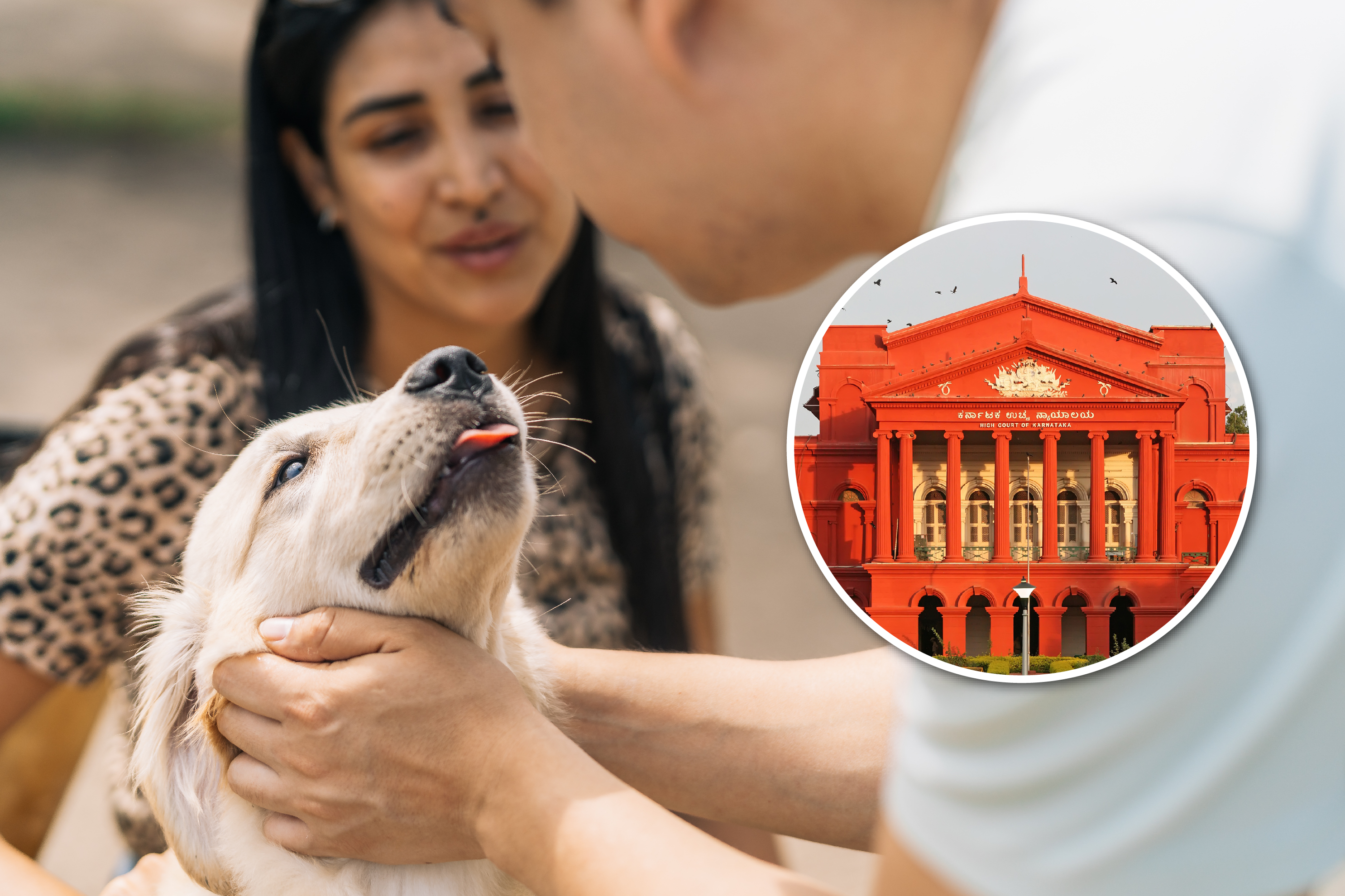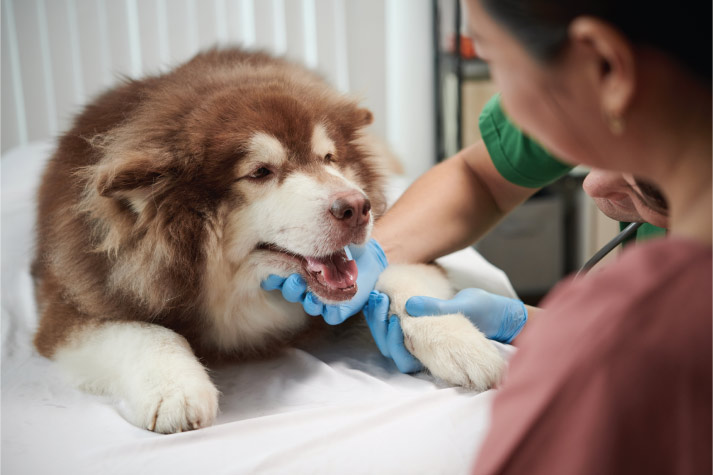
10 Feb
How To Find a Veterinarian in A New Country?
With how small the world has become, moving around to explore and settle has become commonplace. Given that pets are family, why leave them behind when embarking on a new adventure? From a new job to a change of scenery, it’s only natural to want to have your family with you. There are a few things to consider before a move though, especially with your pet coming along for the ride. One question that comes up frequently is, how do I find a new Veterinarian?
Preparing For Your Pets Travel
There are a few factors to consider before a move. The first one being, will your pet be permitted to relocate with you? Countries and airlines have their own set of rules and regulations pertaining to pet travel & import. Consulting your Veterinarian and learning about your breed of dog may be required; for instance, numerous airlines restrict brachycephalic or snub-nosed dog/cat breeds from flying.
Some airlines permit pets to fly only in the cabin, while others only allow pets to fly in the cargo hold, which can be an issue depending on your dog’s size and available airlines. Then there’s the breed-specific legislation in countries, which restricts the entry of animals deemed to be dangerous or a threat to the public, so make sure your pet isn’t on their banned breeds list.
There is your pet’s health to consider as well; while you want your pet to be with you, is it safe for them to make the journey? An elderly or sick pet needs extra care while travelling, and finding a Veterinarian before your journey is crucial to the health and safety of your pet. This is especially applicable for pets with chronic illnesses or conditions.
There is also the matter of complying with import regulations. Every country has its own rules pertaining to pet imports and issues a list of documentation which must be provided to move. While some of this documentation consists of things like import permits, a lot of it has to do with your pet’s health. Vaccination records, health certificate a rabies titer test, de-worming treatments, and more may be required depending on the country you’re moving to, as no country will give your pet entry if they’re carrying a disease. Given that some countries have had their ecosystems threatened or even wiped out by invasive species, these regulations are imposed without exception and must be complied with.
If the process gets overwhelming at any point, you can consider hiring a professional pet relocator. With a relocators expertise in pet transportation on home soil and abroad, the time and effort saved can be better spent planning your own move and tending to your pet.
How To Find a New Veterinarian?
There are a plethora of portals and websites where you can research veterinarian coverage in a particular country or city. It’s the same process as finding a new Veterinarian in your own city or a new one, with a few more hurdles along the way; a language barrier in a new country, for example. It all depends on the country you choose to emigrate to.
- Consult your Veterinarian you visit in your own city and ask for recommendations. While it may sound like a far stretch, you’d be surprised how far relationships can stretch. Maybe they know a former co-worker or someone on the staff in an overseas hospital and can help guide you in the general direction of good care in your new country of residence.
- Ask a familiar face for good recommendations. If you know people who already live in your soon-to-be home country, you can ask them for suggestions.
- Online research will be your best friend during this process. Some countries will be easier to research than others; for some you may find an immense amount of information online, complete with lists of registered Veterinarian’s in a particular vicinity, while for others you may struggle to find any relevant information. Government websites may help in this regard.
- Forums will be your best friend for research, as emigrating communities usually find a way to each other online and offline. Asking questions on forums about Veterinarian’s, emergency clinics, food, accessories, and other necessities can be one of the best ways of gathering quality answers, as people on the ground have useful information.
- Search for professional organizations and groups. Many countries will have a veterinary/medical/animal association and can help you with the first few steps you take in your new home country.
While research is important, it cannot compare to your actual arrival in a new country. Not everything can be done online, but sifting through information and coming up with a list of questions to ask a Veterinarian can help simplify your decision. You can ask about things such as:
- Working hours
- Number of staff and assistants
- Languages spoken by staff and assistants (If moving overseas)
- If there are specialists on staff, and if not, is there a specialist they can recommend on short notice if needed?
- The equipment they have on the premises
- Their consultancy fees and charges
An international pet relocation is a lengthy and cumbersome process, so do not make a choice until you’ve touched down and had a chance to veto your Veterinarian. Their medical expertise will be of little comfort if their treatment of animals is unkind, so hold off on any final decisions before you reach your destination.
If you have further queries or require someone to plan your trip with your pet, call (890) 890-9020 or mail us at enquiry@carrymypet.com. We provide domestic and international pet relocation services, with your pet being picked up from and delivered to your doorstep, and our team of experts ensure your pet gets the love, comfort, and care they deserve while travelling.






AUTHOR’S BIO
Carry My Pet
Passionate pet enthusiasts and globetrotters, dedicated to easing furry friends' journeys worldwide. Penning tales of compassion at CarryMyPet, where every relocation is a tail-wagging adventure.